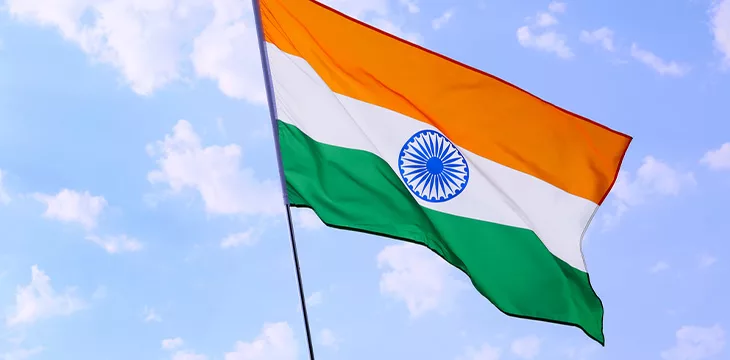|
Getting your Trinity Audio player ready...
|
Uday Kotak, the founder of India’s third largest private bank, Kotak Mahindra, has labeled digital currency as an “alternate market currency,” even as the nation’s Finance Minister,
Nirmala Sitharaman, made it clear that digital currency cannot be a legal currency.
Simultaneously, India’s securities and commodities regulator aims to introduce faster trade settlements to compete with digital currency.
An important “aspect for India’s future, in the context of building long-term capital for India’s phenomenal growth needs, is the concerns of what’s happening right now in the U.S., and the development of an alternate market currency, which is the crypto,” Kotak said.
“Investors are looking for protection of their capital and they put it into this [digital currencies] as a counter hedge for governments worldwide who misbehave and are irresponsible on the fiscal or monetary side over long periods of time. Therefore you just have to look at last one year’s performance [of] crypto – it’s 3X,” Kotak explained.
He said that the U.K., Europe, and even the U.S. are legitimizing digital currencies as a major part of the future, and effectively, savings of investors are going into that and taking away critical pools of resources that otherwise would go into capital formation.
“But investors are focused on protecting their [own] value. Gold has kept its value over generations, and therefore, we have to be clear in terms of policymaking and regulations that the saver and investor [are] not concerned about capital formation. The saver and investor [are] concerned about only his or her own capital and how that is protected from vagaries of inflation, poor economic policies, and protection for its future,” Kotak added.
Kotak’s statements come after Sitharaman said that digital currencies cannot be a legal currency in India. She said that assets created in the name of digital currency can be assets for trading, speculation, and making money, but they cannot be currencies.
“Currencies are to be issued with a fiat of the government or the central bank of the day,” she said.
“If there is a resurgence (in digital currency prices), that is an asset being created for speculation, for trading, or for whatever purpose,” Sitharaman added.
According to a new report from blockchain analytics firm Chainalysis, digital currency gains—or profits made after selling assets at higher than their purchase price—were more or less consistent throughout 2023, except in August and September. India hit $1.05 billion in estimated digital currency gains, putting itself among the top six countries, while the United States led the way at an estimated $9.36 billion.
“So far, the positive trends of 2023 have carried over into 2024, with notable crypto assets like [BTC] achieving all-time highs in the wake of [BTC] ETF approvals and increased institutional adoption. If these trends continue, we may see gains more in line with those we saw in 2021,” Chainanalysis said in its report.
At the same time, Madhabi Puri Buch, chairperson of the Securities and Exchange Board of India—the country’s regulator for securities and commodity markets—has announced
plans to introduce faster trade settlements to compete with digital currency. Settlements refer to the final stage of payment and completion of a transaction on securities trade.
“If our well-regulated market cannot compete with the crypto world and cannot say we also offer you tokenization and instantaneous settlement over the medium term, I won’t even say long term, you should expect investors to move,” Buch said.
“Everybody wants instant everything. Right? So why should anyone believe that tomorrow if an alternative is available with instant settlement tokenization and they say the regulated market doesn’t offer it, you should expect people to move,” Buch added.
Watch: India is going to be the frontrunner in digitalization

 07-13-2025
07-13-2025 





